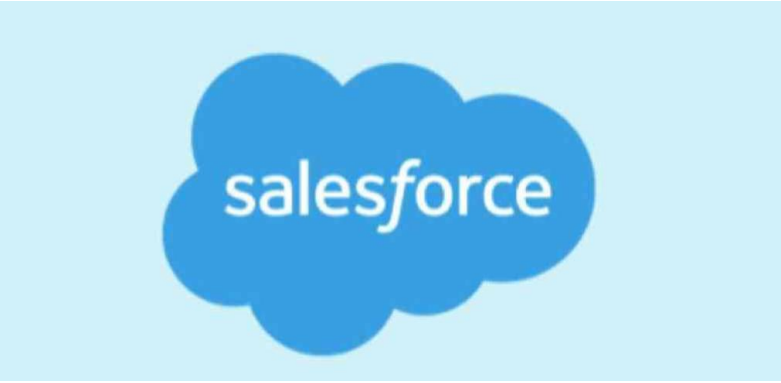Tech giant balances strong earnings with efficiency push driven by artificial intelligence
Salesforce AI layoffs, the global leader in customer relationship management (CRM) software, has announced a layoff of approximately 4,000 support staff. This decision comes even as the company reports strong earnings, reflecting how artificial intelligence (AI) is reshaping corporate strategies, cost structures, and the future of employment.
The layoffs reduce Salesforce’s customer support team from 9,000 to 5,000, highlighting a growing shift toward automation and AI-driven service solutions.
AI Agents Now Handle One Million Interactions
At the core of Salesforce’s restructuring is its AI-powered support agents, which now manage over one million customer interactions. This has:
- Enhanced service efficiency
- Reduced costs
- Provided 24/7 support with predictive recommendations
While this benefits businesses using Salesforce AI layoffs, thousands of employees have lost their jobs, sparking debate on the impact of AI adoption on human employment.
Strong Earnings Highlight the Paradox
Ironically, the layoffs coincide with one of Salesforce’s strongest financial quarters in recent years, driven by growth in:
- Cloud-based services
- AI-enabled tools
- Enterprise software demand
Investors welcomed the decision as a sign of discipline and profitability, but critics argue it sends a troubling message about the future of work, where automation may outweigh job security.
The Global Trend of AI-Driven Workforce Cuts
Salesforce AI layoffs is not alone—Oracle, Meta, and Google have also made AI-linked layoffs. Businesses increasingly rely on AI to:
- Reduce operational costs
- Streamline workflows
- Boost profit margins
However, this shift risks structural unemployment, with displaced workers often lacking the new skills required for AI-driven industries.
Impact on the Broader Economy
Mass layoffs like Salesforce’s have both positive and negative effects:
- Short-term: Job market disruption, reduced consumer spending
- Long-term: Increased corporate efficiency, potential cost benefits for businesses and consumers
AI is now a core economic driver, influencing hiring, investment, and growth models globally.
The Future of Work: Balancing AI and Human Capital
This move reignites the debate: how can economies balance AI efficiency with job preservation? Analysts urge:
- Reskilling initiatives for displaced workers
- Corporate and government collaboration
- Education programs aligned with emerging AI jobs
Salesforce AI layoffs remains focused on strengthening AI integration and scaling global services, but questions remain: will AI’s gains outweigh its human costs?
Conclusion
Salesforce’s decision to cut 4,000 jobs while posting strong earnings highlights the paradox of the AI economy—automation drives growth but risks deepening job displacement.
As AI evolves, policymakers and industry leaders must act to ensure that human capital remains central to future economic progress.









